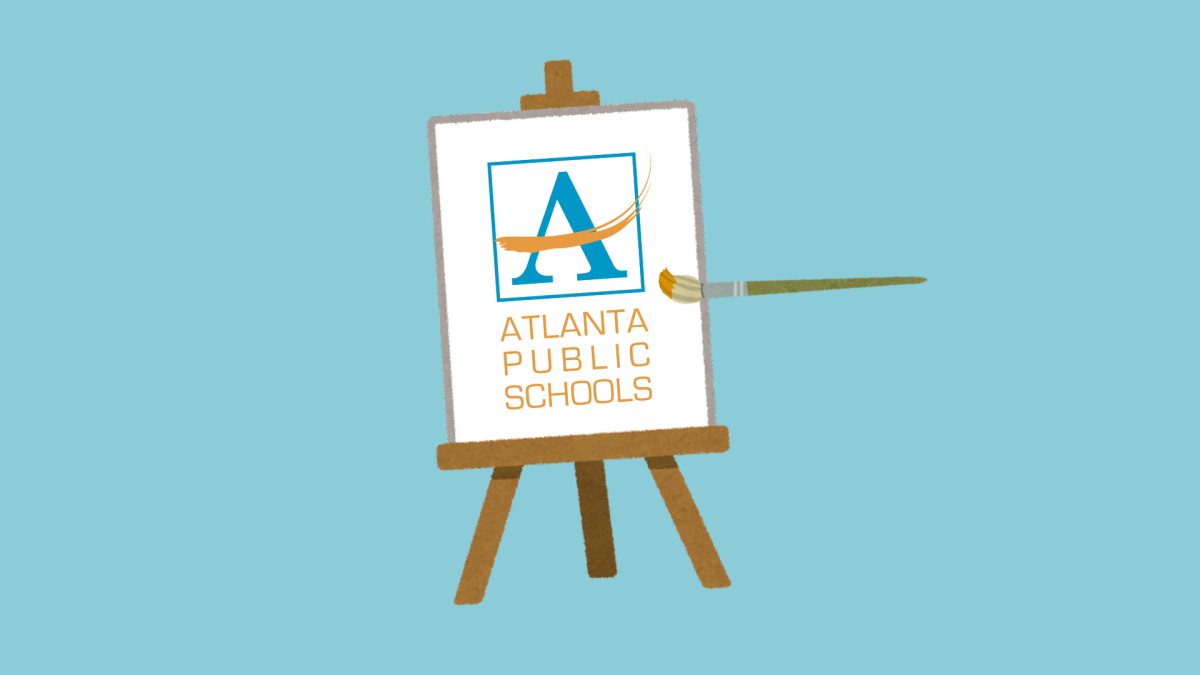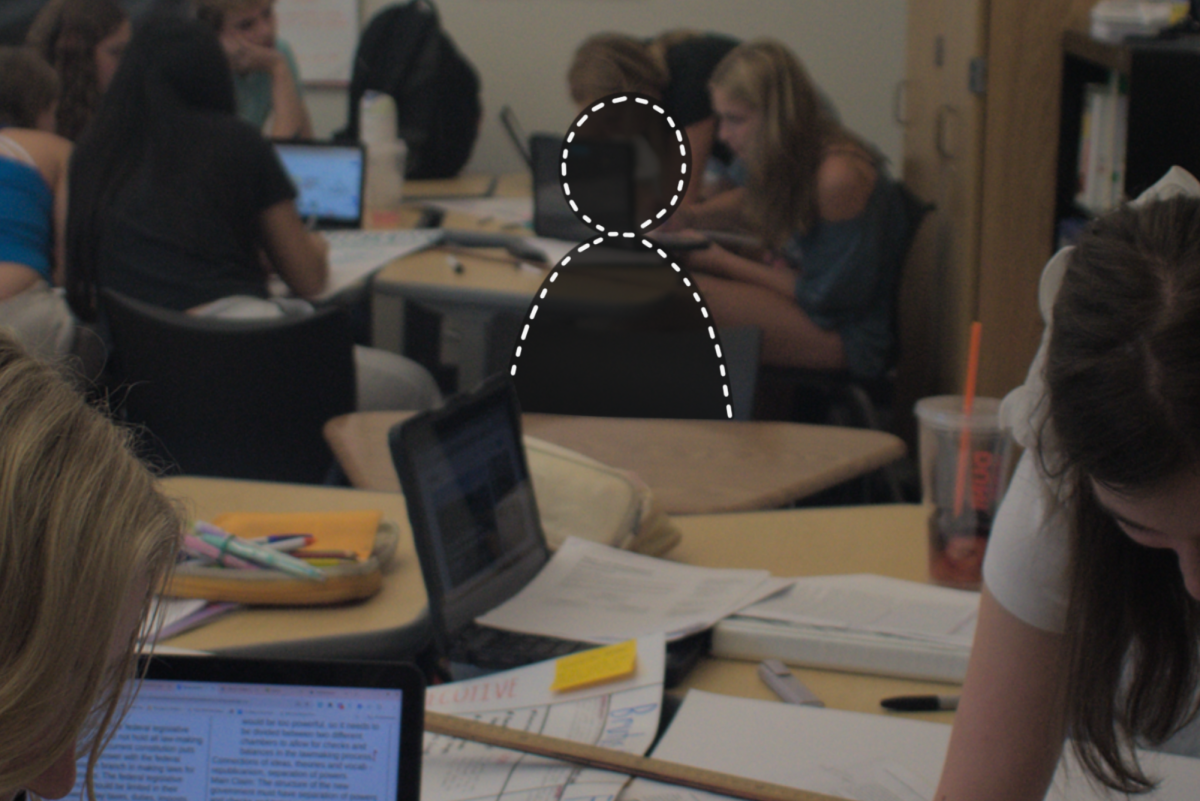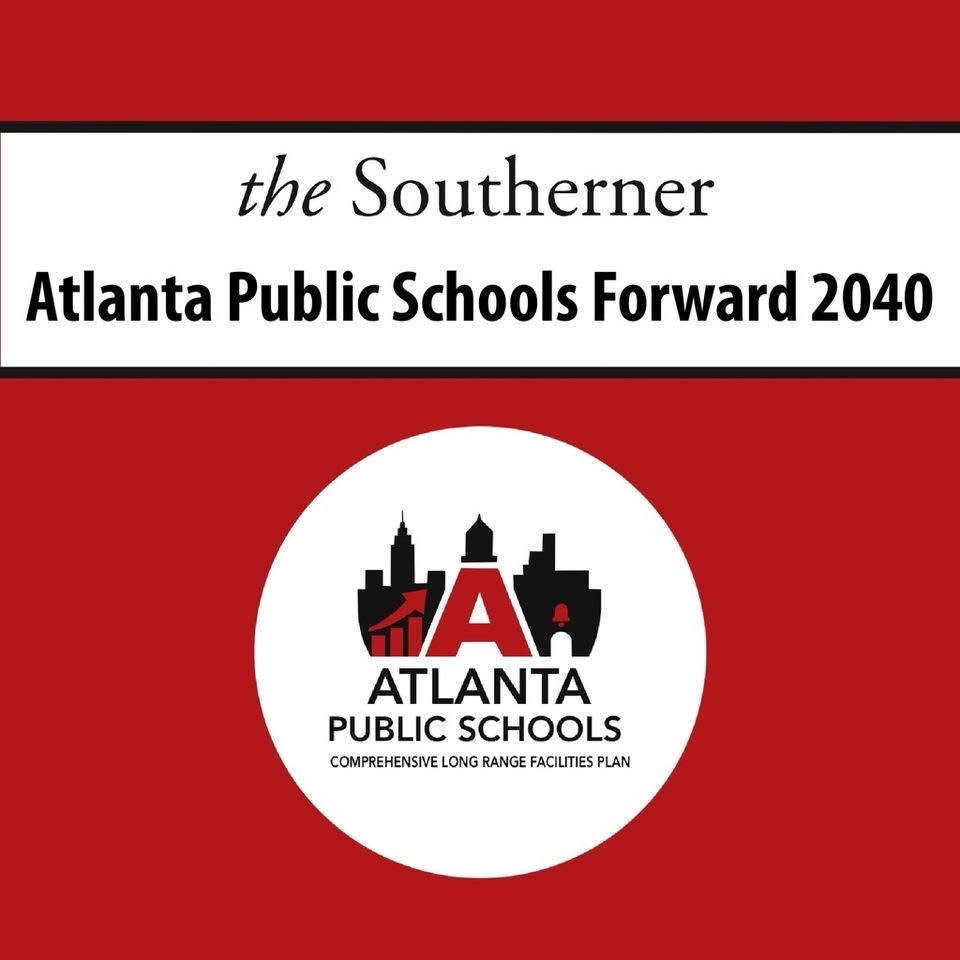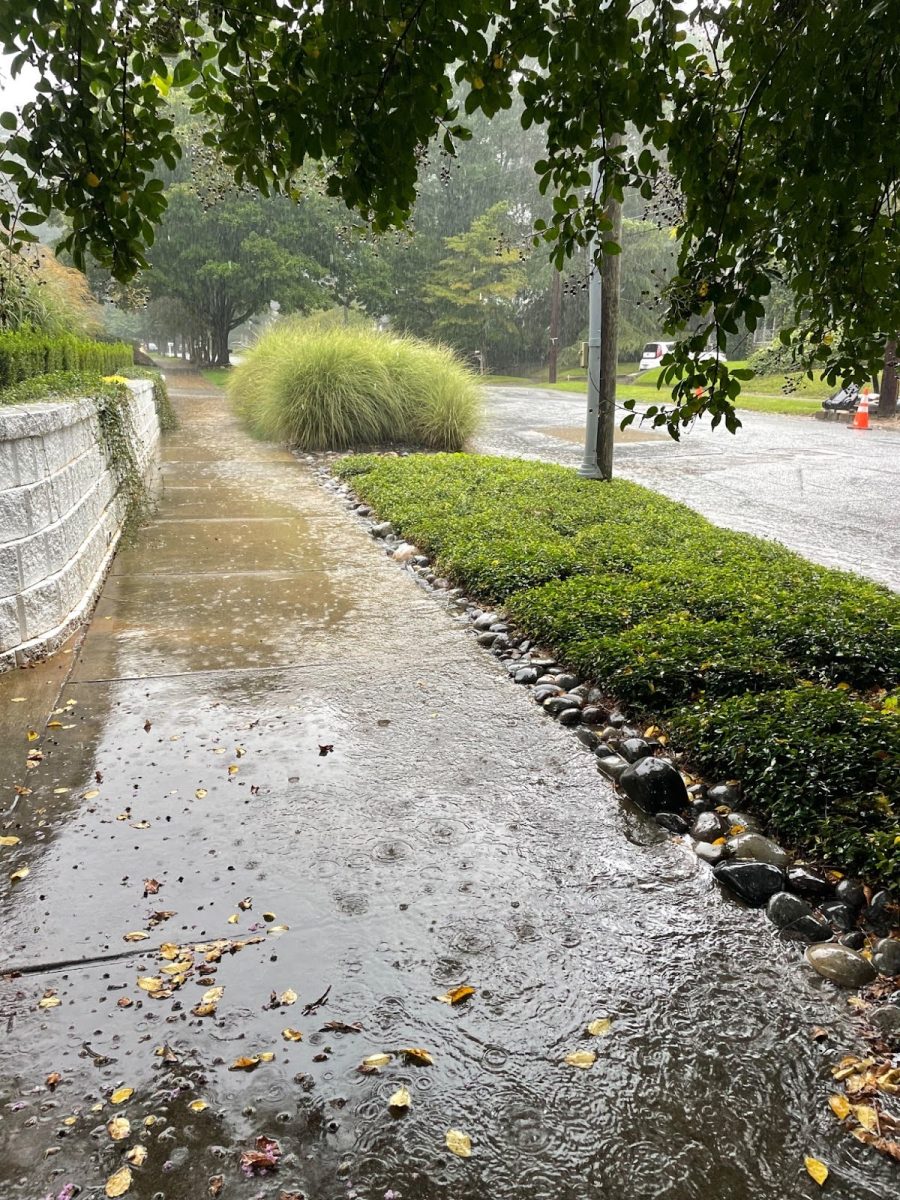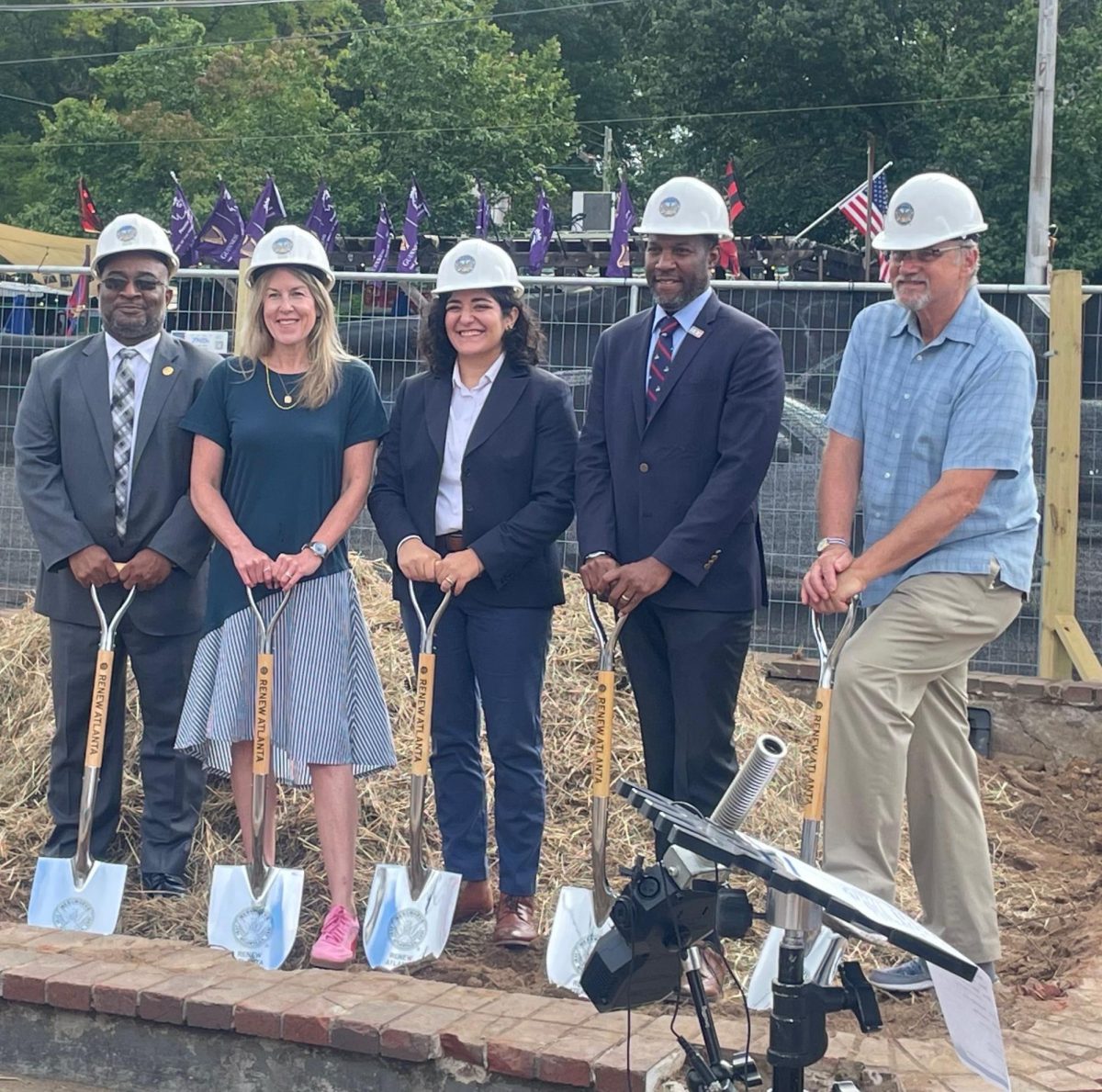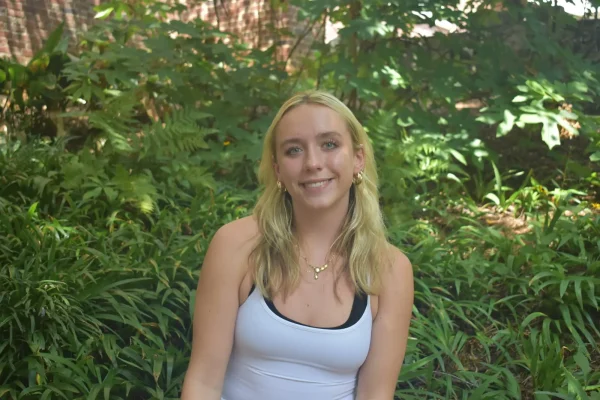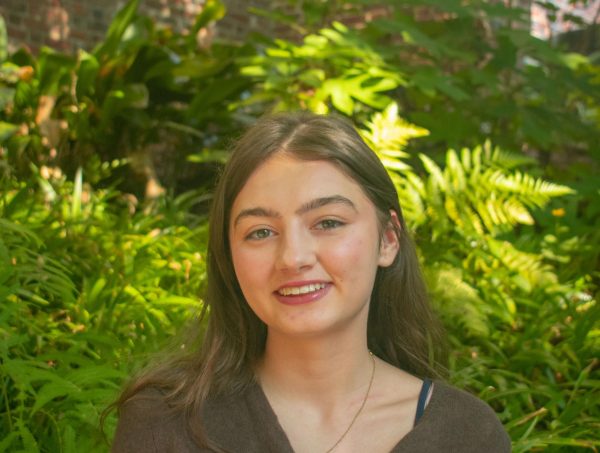Atlanta Public Schools is considering adding a performing arts school to the district, a change that would mark a significant change in the district’s approach to funding and promoting the arts.
“It feels like there’s been a real void of performing arts or higher-level art in the district,” North Atlanta parent and task force member Elizabeth Wickland said. “The discussions are really good to start looking at something.”
Morris Brown GO Team Chair Ashley Scott feels students in APS have little access to organized performing arts instruction. She believes this disparity disadvantages aspiring young artists in comparison to other schools, such as the Savannah Arts Academy. The academy balances the arts and academics, offering Advanced Placement classes alongside classes for the arts.
“I think it would be amazing if we had something like [the Savannah Arts Academy] in Atlanta,” Scott said. “If APS could bring something of that caliber, it could be a huge difference maker and just amazing for the city and for the students in APS.”
The concept of a performing arts school in the Atlanta area is not a new idea; rather, it is a return to something that once was.
“A lot of parents and students want a school of performing arts,” Valerie Williams, President of the Booker T. Washington High School Atlanta Alumni Association, said. “We used to have one, North Atlanta used to be, Northside, and North Atlanta used to be a performing arts school. I don’t have a problem with them going back to that model, but it should be used in sites that already are vacant.”
Williams argues that converting underutilized school buildings throughout the city into performing arts schools would not only save money but also revitalize areas that have experienced school closures or underinvestment.
“I just don’t think that they should use [the performing arts school] to close an already open school when they already have vacant problems,” Williams said.
Although specialized programs like performing arts schools provide students with valuable opportunities, they can also lead to brain drain, a phenomenon where students transfer from their zoned neighborhood schools to magnet programs. This results in a decline in enrollment.
For Scott’s daughter, a middle school ballerina practicing modern technique, character and pointe, a performing arts school with both specialized arts classes and academics would be a valuable replacement for the path the Academy program would bring her. As performers in the academy move up levels, specifically academy 6, the high schoolers have to be homeschooled for their training, Scott says.
“They’re preparing for a performing arts career, and a traditional high school is not going to be able to support them,” Scott said. “The rehearsal time, study the technique, all the things that they have to do.”
Wickland believes a performing arts school should focus on developing professional networks and employable, real-world skills in addition to stage performance. She envisions a model akin to career, technical, arts, and education programs, in which students can obtain industry certifications, internships and direct connections to organizations in the arts and higher education.
“Almost like a CTAE-type thing in the arts, connections, internships, professional skills in performance,” Wickland said. “It should link with programs at places like Georgia State. Whether it’s music production, certifications in software, anything that’s actually employable.”
Known performing arts schools have long been supported by public school systems in Los Angeles and New York. Wickland believes APS should utilize these preexisting models when developing a performing arts school.
“I think there are other models,” Wickland said. “New York, it’s LaGuardia School, and I think L.A. has one in their system. They’re both really well respected. So I would hope they would start there first and say to us, ‘Here’s how these schools work. They’re extremely successful. This is how we could do a similar type model.’”
For families and communities in Atlanta, there is clear hope that APS will produce something strong and enduring. The Midtown visual and performing arts program was recently named one of the best in Georgia, representing evidence of the district’s talent and promise. Supporters think expanding on these achievements could enable APS to develop a genuinely remarkable citywide program.
“It would give more opportunities for people that may not get the same opportunities,” theatre teacher Jacob Dreiling said.

